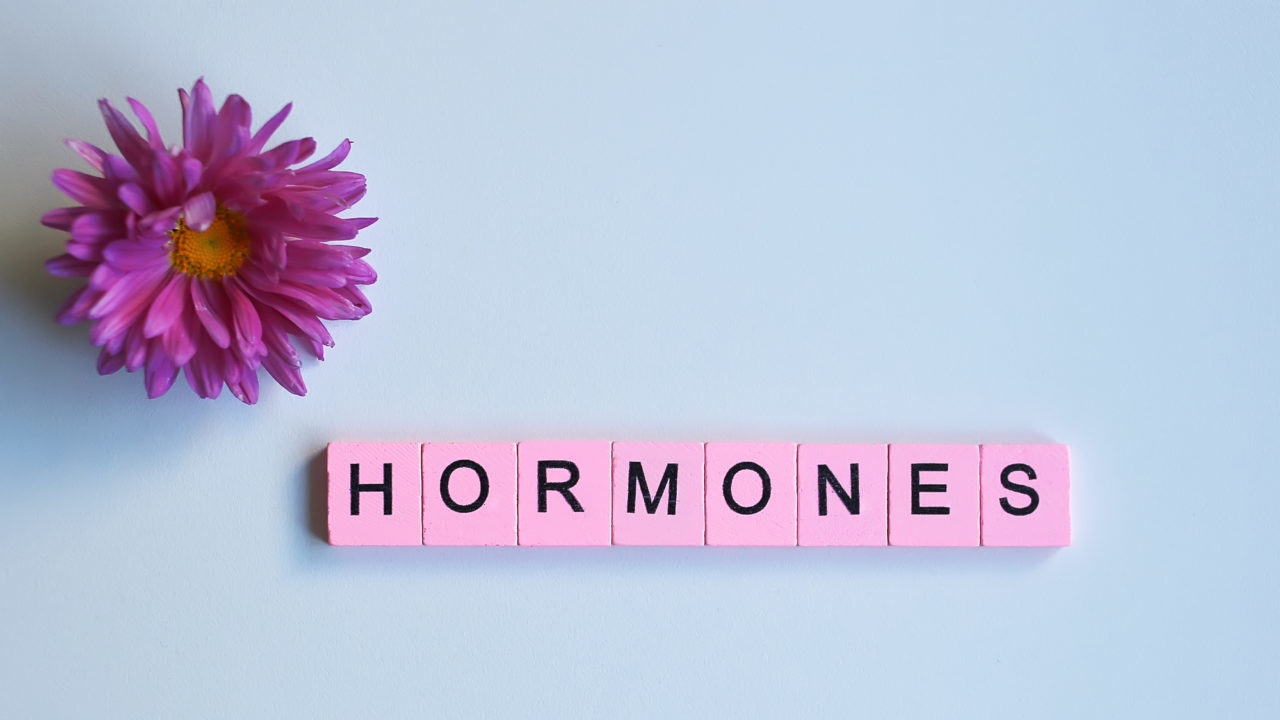Health
Hormone Health
When it comes to hormone health, thyroid health is extremely important and luckily there are foods to help boost thyroid hormone production naturally. Hypothyroidism also known as underactive thyroid, is fairly common in the US, approximately every 5 out of 100 people in the US are diagnosed with underactive thyroid.
The thyroid gland is a small butterfly shaped gland located toward the bottom front of the neck. This gland uses iodine to produce two thyroid hormones known as T3 and T4. This gland is controlled within the brain through the pituitary gland and hypothalamus, which can recognize when thyroid hormones are too low or too high, and can signal to the thyroid gland to produce more thyroid hormones when needed. The thyroid hormones control the way the body uses energy and when there aren’t enough hormones being produced, the body slows down which can affect nearly every organ within the body. This can slow the metabolism, cause fatigue, weight gain, pain, inflammation, depression, ect.
So, to help maintain thyroid function, certain nutrients and antioxidants within our food play an important role, and one of these nutrients is vital for thyroid function. These nutrients include Iodine, which the body converts to thyroid hormones and is vital for production or T3 and T4 hormones. Iodine is not produced by the body, so it must be consumed through food or the thyroid can not function properly. Two other nutrients that help boost thyroid production are Selenium and Zinc. Both of these nutrients can be found in many foods that we consume, however selenium is also found naturally within the thyroid.
When it comes to eating, what we put in our bodies definitely matters when trying to boost thyroid hormones. Some great options to consider would be brazil nuts or yellow fin tuna which are loaded with selenium. Seaweed, celtic sea salt, dairy, whole eggs, or water fish are great sources for iodine. If you are looking for foods packed with zinc, try adding in some oysters, grass fed beef, yogurt, or pumpkin seeds.
There are also certain foods that should be avoided, including goitrogens which interfere with iodine uptake and have the potential to decrease thyroid hormone production. Goitrogens are mainly found in cruciferous vegetables. Soy is also another food that may interfere with how the body produces thyroid hormones and is best to be avoided. Focus on increasing nutrient dense foods and minimizing processed foods to help boost energy and improve weight management.
There are many medical conditions that lead to hypothyroidism, and while medication may be necessary for many individuals, there are also many foods that can help boost thyroid function that are great to consider in addition. As a good rule of thumb, it is always important to first check with your doctor before making any dietary changes as some foods may interfere with certain medications.
By Tara Carlton














